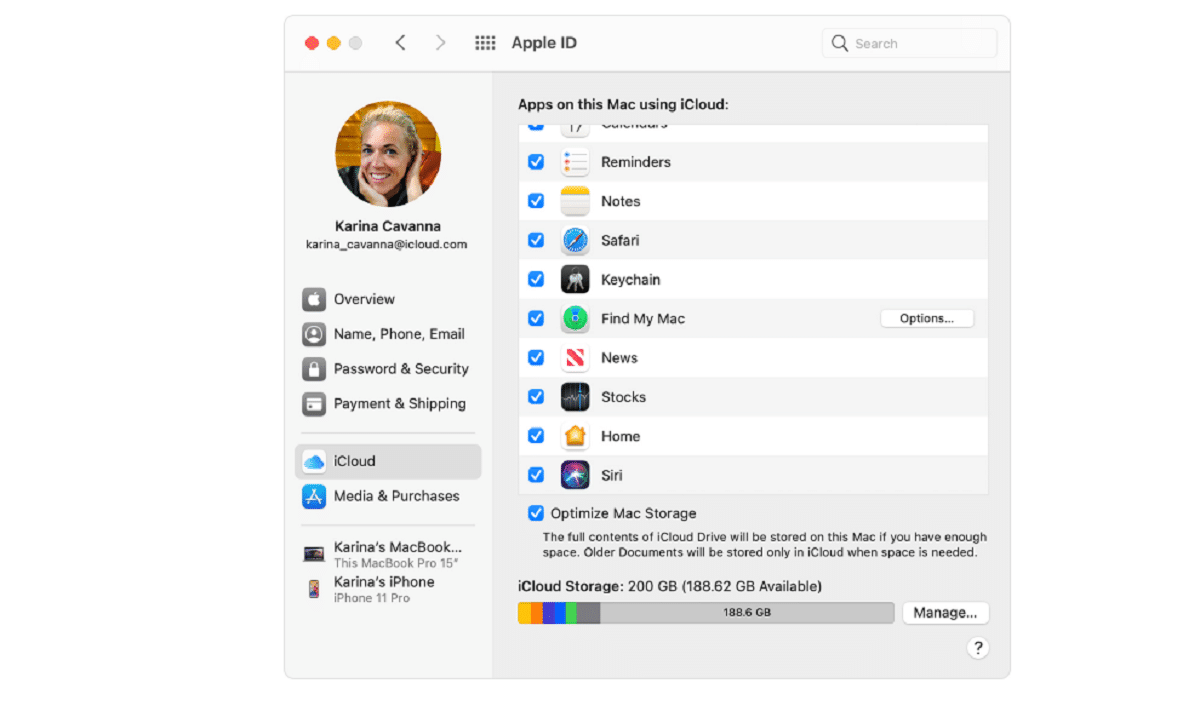
Apple is working toward a password-free future with a new iCloud Keychain "passkey" feature that was unveiled at WWDC 2021. At a WWDC developer session called "Go beyond passwords", Apple talked about a new feature called "passwords on iCloud keychain." The function is available for testing on macOS Monterey, but it's not ready for a full version yet.
The new function in testing in macOS Monterey, ensures that with the new function "Passwords on iCloud keychain", Apple is moving towards a future without passwords. Essentially, pass keys are private and public key pairs based on the WebAuthn standard. They basically function as a hardware security key, but are stored securely on iCloud Keychain.
This means that users they won't have to carry hardware devices with them: The Mac and others will act as passwords. More than that, passwords will sync across multiple devices, which means they are recoverable even if a user loses all of their devices. Compared to traditional passwords, these passwords offer a number of security benefits. They are not guessable, cannot be reused across services, and are not vulnerable to phishing or data breaches.
For the users, offer an easy and secure alternative to passwords. When deployed, all a user will have to do is authenticate with Face ID to log in. In iCloud Keychain they would be used anywhere that WebAuthn supports. Currently, that includes browsers and apps on Apple platforms, but full adoption of the standard is still far from being adopted. There are still a few years to be implemented.